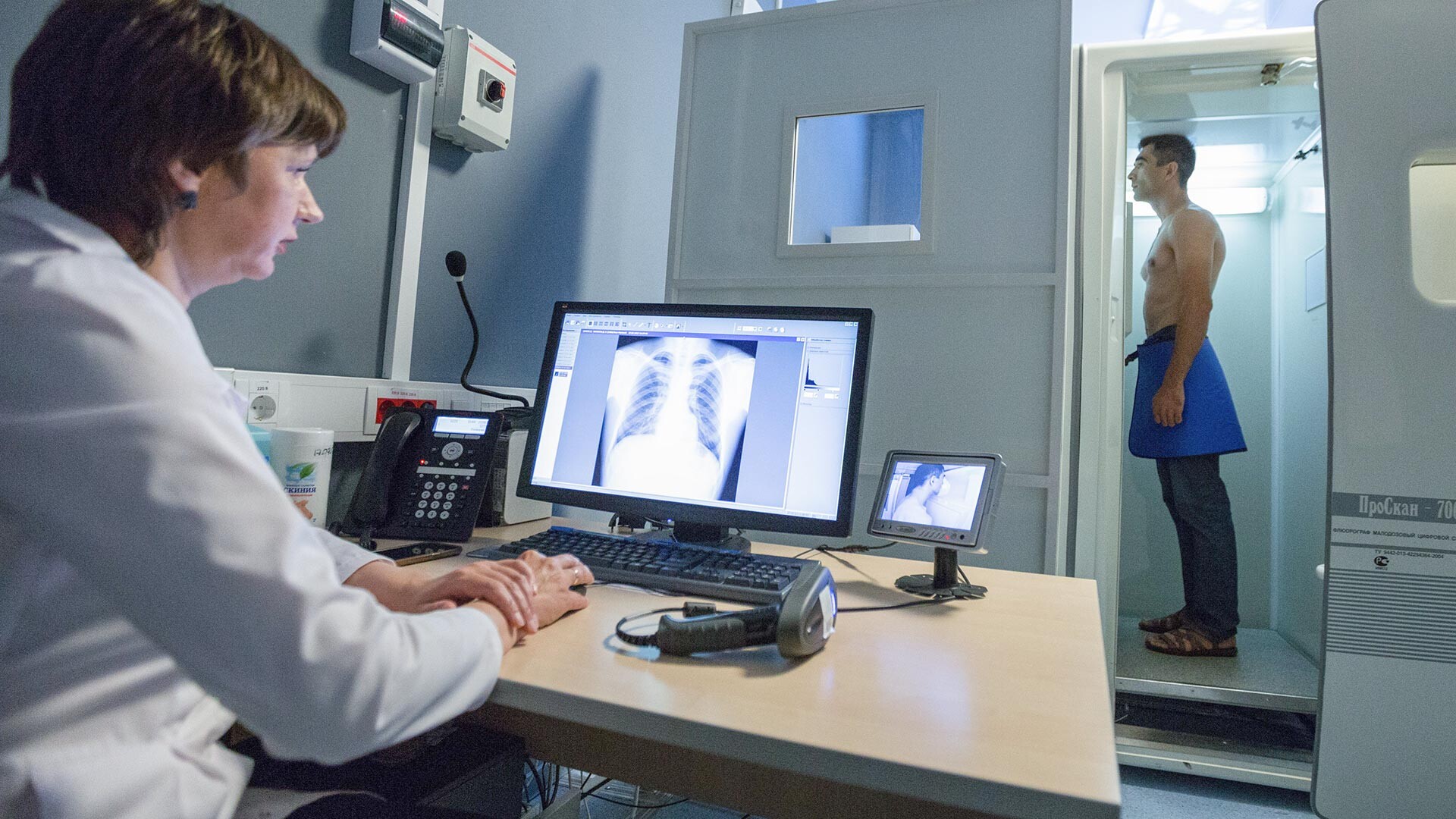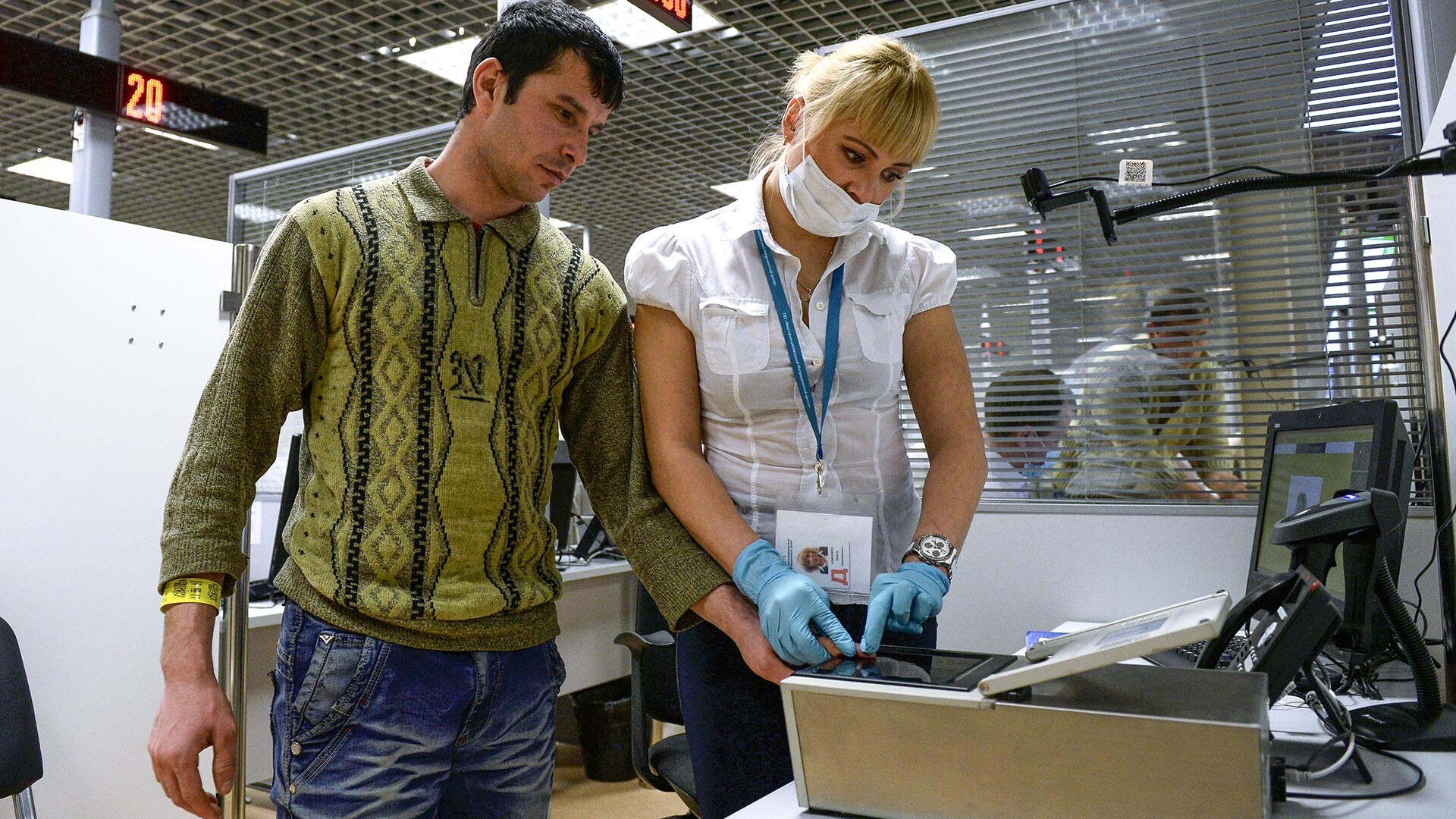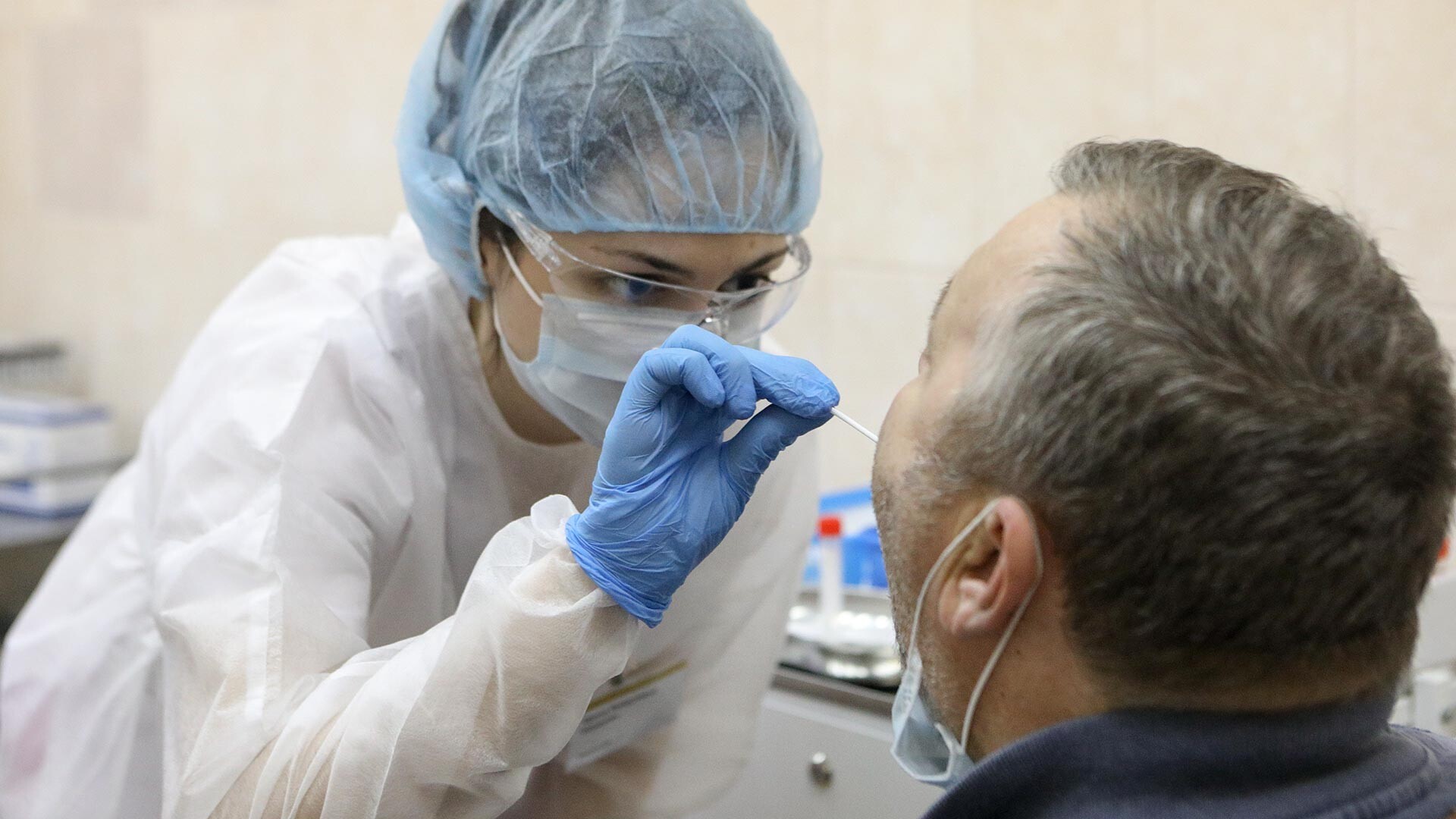Drug tests and X-rays: New rules for expats working in Russia (EXPLAINER)

What happened?
Starting December 29, 2021, new regulations issued by the Russian Ministry of Health come into effect regarding foreign nationals working in Russia. These will be mandatory procedures for both migrants and highly-skilled workers and managers. Their health will be more closely monitored, and failure to comply with the new regulations will result in annulment of the Russian work permit.
Among the new rules are a mandatory drug test, blood and urine tests, STD test and a chest X-ray.

Controversy has already ensued, with vociferous objections issued by 10 separate foreign bodies, such as the U.S. Chamber of Commerce and the Association of European Businesses (AEB).
“It has been a long time since a single piece of legislation has caused such a huge wave of incomprehension, disappointment, and indignation among thousands of foreign managers,” said Matthias Schepp, Chairman of the German-Russian Chamber of Commerce.
What’s new?
- Medical exams, among others, now include a chest X-ray, as well as blood and urine testing for drugs and other psychotropic substances
- Mandatory visits to a narcologist, psychiatrist, infectious disease specialist, phthisiatrician and dermatovenerologist
- Biometrics and fingerprinting
- Aside from an HIV test, the following infectious disease tests are mandatory: tuberculosis, syphilis, leprosy and, of course, a COVID-19 test
- A total of 30 days from the date of entry in Russia

- Getting the full array of medical tests and exams is currently only possible at the Sakharovo Multifunctional Migration Center in Moscow, and in the Central Medical Center on Krasnogo Tekstilshchika Street in St. Petersburg. Personal enquiries must be made for all other cities. All documentation must be submitted in person
- According to the law, while exams can be done in any licensed medical body, the tuberculosis and drugs tests must still be passed at separate centers; results must be brought in person to the Sakharovo Center in Moscow (for people in Moscow)
- In the event of successfully passing all tests and exams, a 3-month certificate will be issued
Does this mean that testing must be done every 3 months?
This is the particular requirement that ignited the strongest objections from foreign groups. However, the Health Ministry provided additional clarification: three months is the deadline for submitting to the police the necessary medical results; and it is not necessary to repeat the full set of medical exams every three months. “[This timeframe] absolutely does not imply that repeat inspection must be completed every three months,” said the Health Ministry’s spokesperson.

The Health Ministry did not clarify the circumstances necessitating a repeat inspection, or provide any further information on regularity.
Whom do the rules apply to?
The new regulations apply to all foreigners working in Russia, as well as their family members older than 7 years of age. An exception is made for citizens of Belarus, as well as holders of Russian residency permits and temporary residency permits.
What happens if an inspection reveals an illness?
According to the new law: “A positive result on a disease test, or failure to pass inspection, will result in the certificate not being granted.” The lack of a certificate is grounds for expulsion from the country, or reducing the duration of stay.
If using any of Russia Beyond's content, partly or in full, always provide an active hyperlink to the original material.
Subscribe
to our newsletter!
Get the week's best stories straight to your inbox